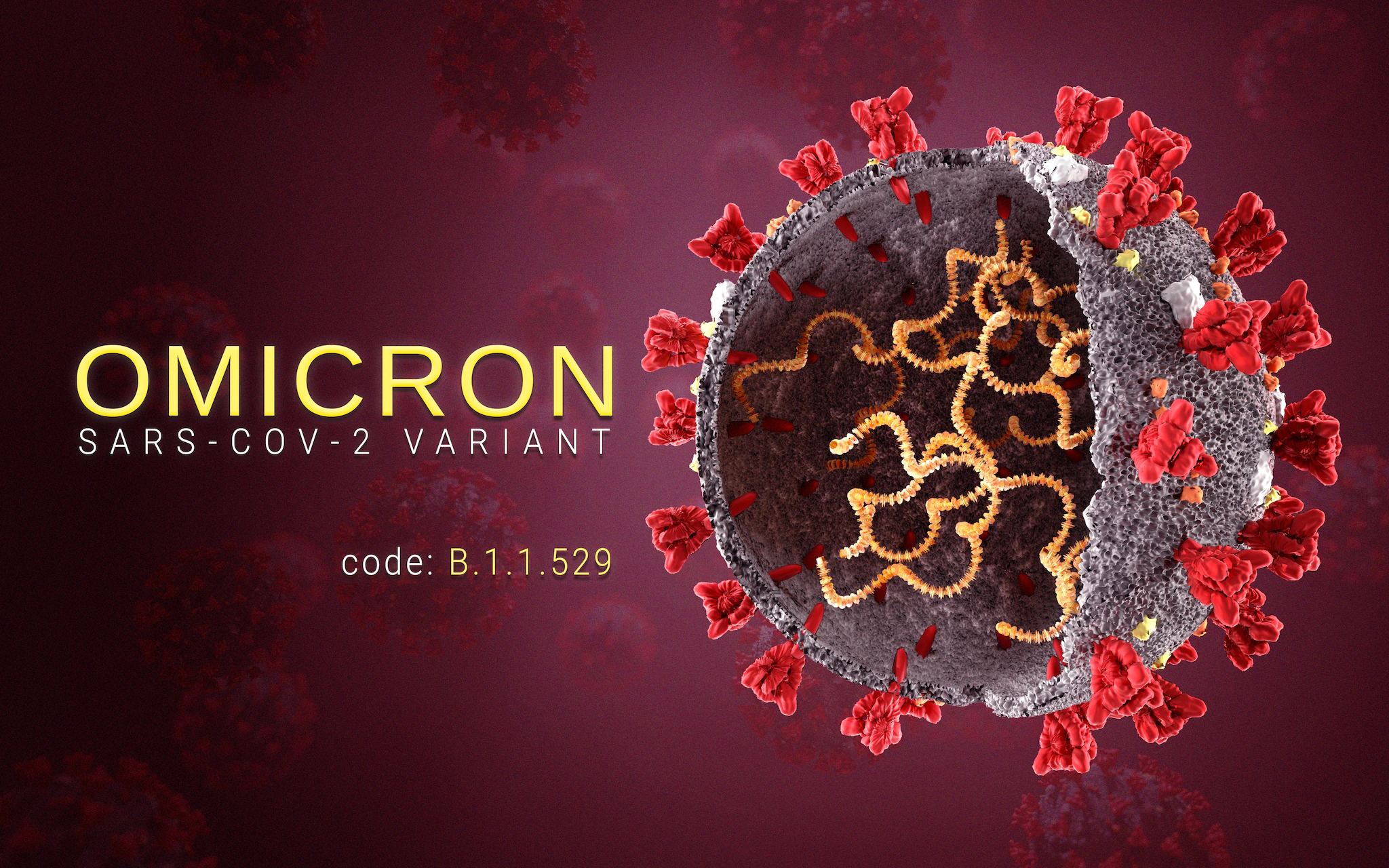![]()
Omicron, a new variant of COVID-19, has been causing concern among people globally. It has been reported to be highly transmissible and more severe in comparison to the previous variants. However, not everyone infected with Omicron develops severe symptoms. Many people experience mild symptoms and can treat them at home.
In this article, we will discuss the symptoms of mild Omicron, and provide a simple guide to treat them effectively at home.
What are the Symptoms of Mild Omicron?
Mild symptoms of Omicron are similar to those of the original COVID-19 virus. These include:
- Fatigue
- Dry cough
- Body aches
- Loss of taste or smell
- Sore throat
- Fever
It is important to note that not everyone with Omicron will experience all of these symptoms. Some people may only have one or two symptoms, while others may not experience any symptoms at all.
How to Treat Mild Omicron Symptoms at Home
Here are a few simple steps you can follow to treat mild Omicron symptoms at home:
- Get plenty of rest: Fatigue is one of the most common symptoms of mild Omicron. To help your body recover, it is essential to get plenty of rest and sleep. Aim to get at least 7-8 hours of sleep each night.
- Stay hydrated: Drink plenty of water to stay hydrated and help flush out the virus from your body. You can also drink other fluids, such as clear broths, frozen water or ice pops, and sports drinks (such as Gatorade).
- Use over-the-counter pain relievers: If you are experiencing body aches or a fever, you can take over-the-counter pain relievers, such as acetaminophen (Tylenol) or ibuprofen (Advil). However, it is important to follow the instructions on the label and not to exceed the recommended dose.
- Gargle with salt water: If you are experiencing a sore throat, gargling with salt water can help relieve the pain and discomfort. Mix 1/4 to 1/2 teaspoon of salt in 8 ounces of warm water, and gargle for 30 seconds. Repeat this several times a day.
- Avoid activities that make your symptoms worse: If you have a dry cough, it is best to avoid activities that can make your symptoms worse, such as smoking or being around smoke.
When to Seek Medical Attention
While mild Omicron symptoms can be treated at home, it is important to seek medical attention if your symptoms get worse or if you experience any of the following:
- Difficulty breathing
- Persistent pain or pressure in your chest
- New confusion or inability to arouse
- Bluish lips or face
- High fever (above 101.5°F) that lasts more than a few days
Conclusion
In conclusion, mild Omicron symptoms can be treated at home with a few simple steps. By getting plenty of rest, staying hydrated, and using over-the-counter pain relievers, you can help your body recover from the virus. However, if your symptoms get worse or if you experience any of the symptoms mentioned above, it is important to seek medical attention.
